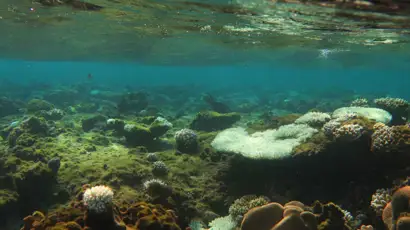The Red Sea is one of the most unique ecosystems in the world with thousands of marine species that live in and on its shores. For more than 20 years HEPCA has been diligent to defend these natural resources from degradation and, in some cases, from depletion. The fragility of the sea is of great concern as any disruption could create a complete collapse of its underwater bio-network of coral reefs and the sensitive land ecosystems of the Red Sea coastline.
The development of the region is dependent on committed and conservation-minded individuals and businesses who value the resources that tour operators rely on for a healthy and sustainable business and visitors demand as an enjoyable destination.
What is Code Red?
HEPCA's (Code Red), as a reference for the Red Sea, sets a standard of marine practices and behaviors. It is a commitment with tour operators and their service providers: guides, dive and snorkeling centers, boat captains and crews for a better tourism industry that protects the Red Sea and its natural resources and preserves its beauty.
Through the Code Red initiative, HEPCA outlines the threats to the Red Sea region that are human-induced impacts which are long-lasting and have far greater consequences on environmental sustainability.
Why Code Red?
For decades, fishing drove Hurghada's economy. As recently as the 1980s, only 12,000 people lived in Hurghada. It was around that time that hotels started to emerge, as the region’s stunning coastal views, sunny skies, mild winters, and extensive network of coral reefs proved an alluring combination for developers resulting in an abundance of accommodations and other residential and commercial developments that crowd the landscape and hug the coast.
As Hurghada and much of the coastal region have grown so have the threats to the environment. While the tourist traffic powers the Egyptian economy, the resorts have come with a cost for the local environment, particularly the coral reef ecosystems that make the area so appealing. Without a strategic urban plan, the infrastructure often involves the destruction of fringing reefs along the coastlines, caused by the dredging or dumping of large amounts of sediment. As well, offshore coral reefs have suffered damage from boat anchoring, and careless snorkelers and scuba divers.
Though, despite these affects and those from climate change, the Red Sea has an innate resilience to overcome negative impacts providing that marine practices and behaviors as outlined in Code Red are followed. Adhering to its guidelines, Code Red navigates toward environmental sustainability.
The Launch
On January 18, 2015 at Boot Düsseldorf, the 46th International Boat Show, (Code Red) was exuberantly launched in a press conference where a signing ceremony was conducted with the major tour operators demonstrating their commitment. In attendance was the Governor of the Red Sea General Ahmed Abdallah, and Germany's Ambassador of Egypt, Dr. Mohamed Higazy.
As the Red Sea community moves toward a sustainable environment, this was a monumental milestone for all our collective efforts.
Tour operators and organizations that have signed the (Code Red) Commitment and the list is growing.
VDST Verband Deutscher Sporttaucher e.V., diveSSI (SSI Scuba Schools International), PADI,&nb





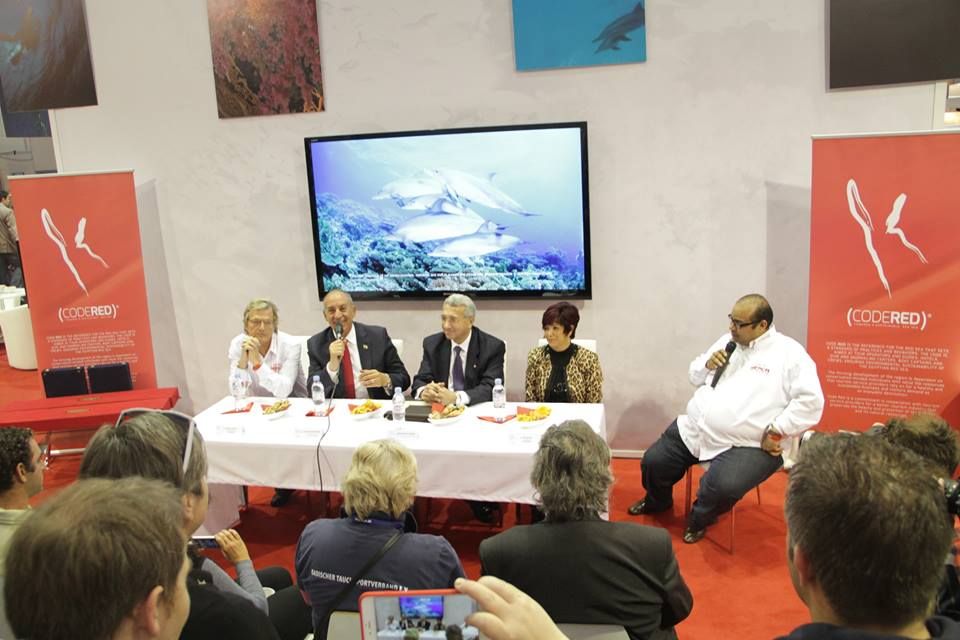
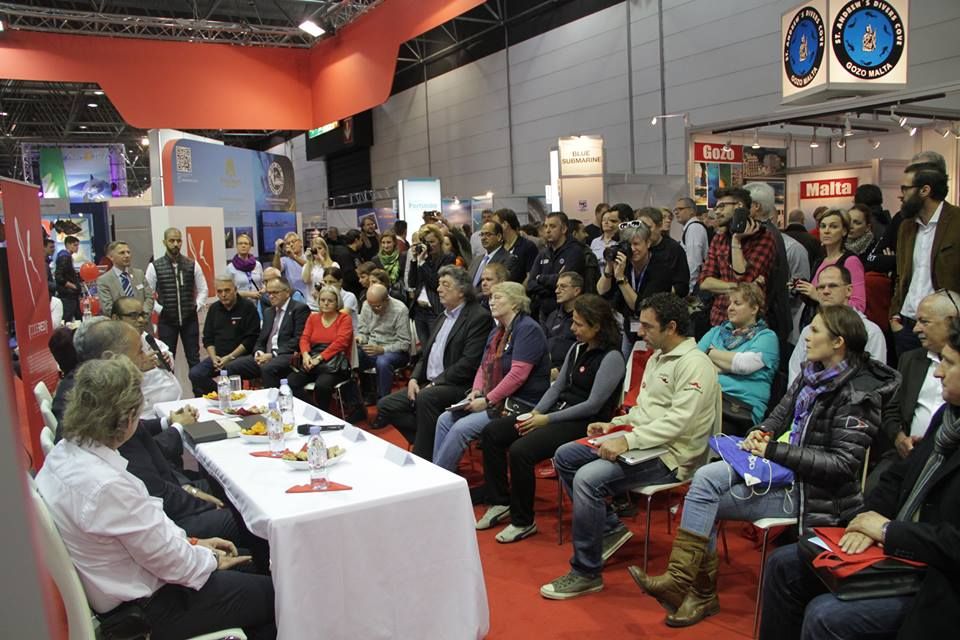
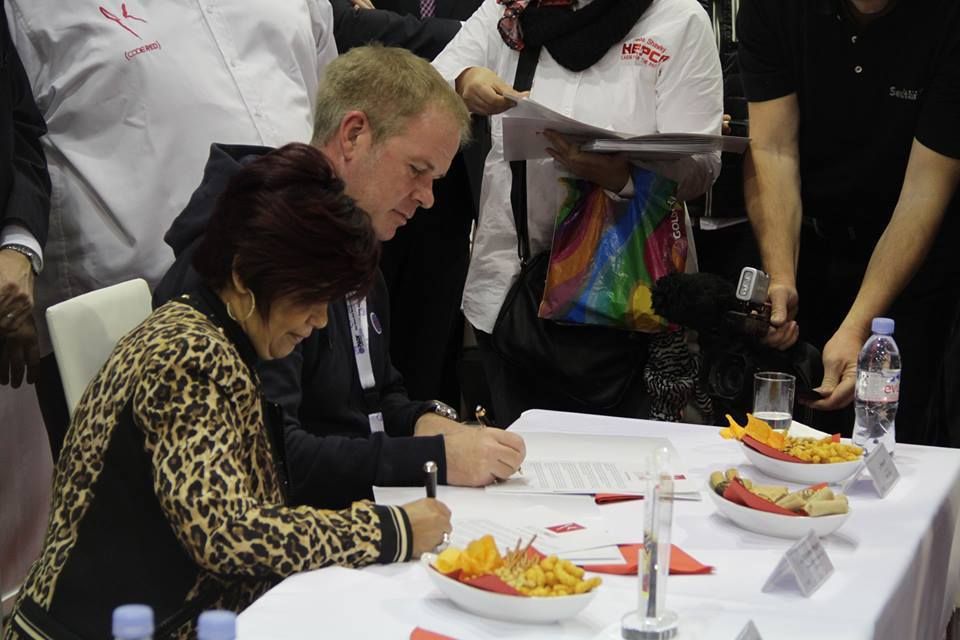
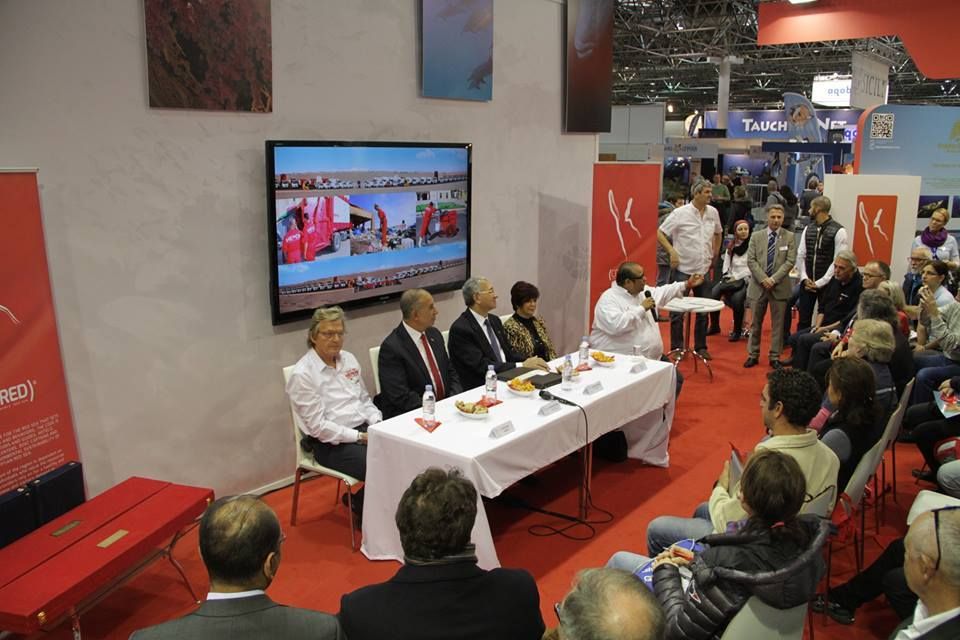
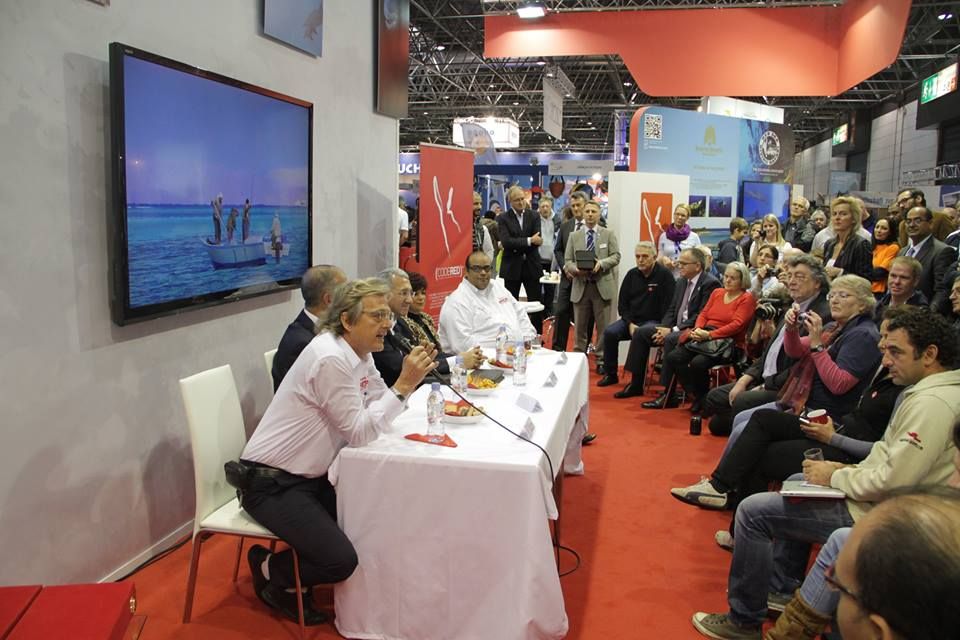
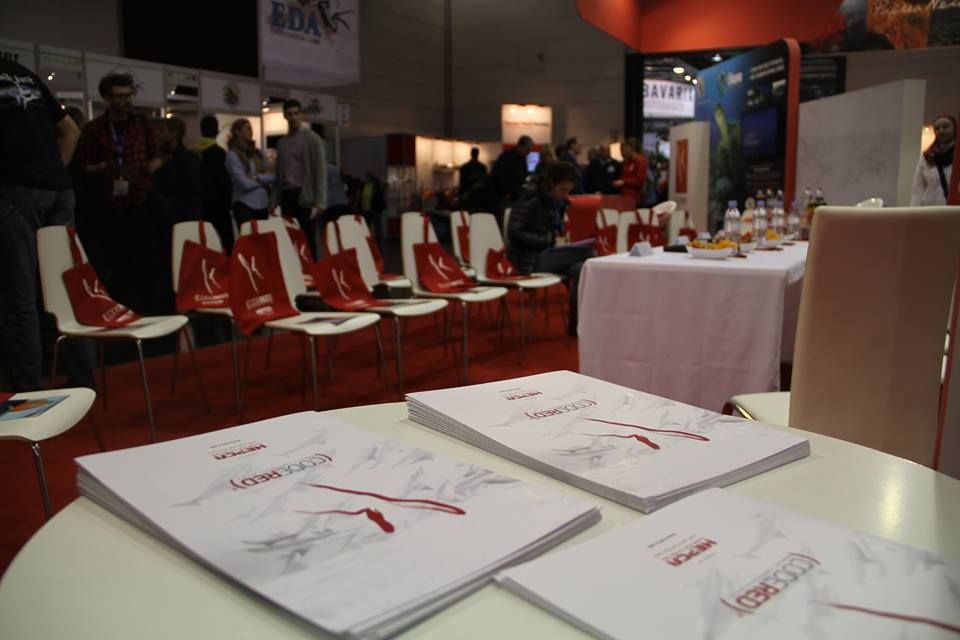

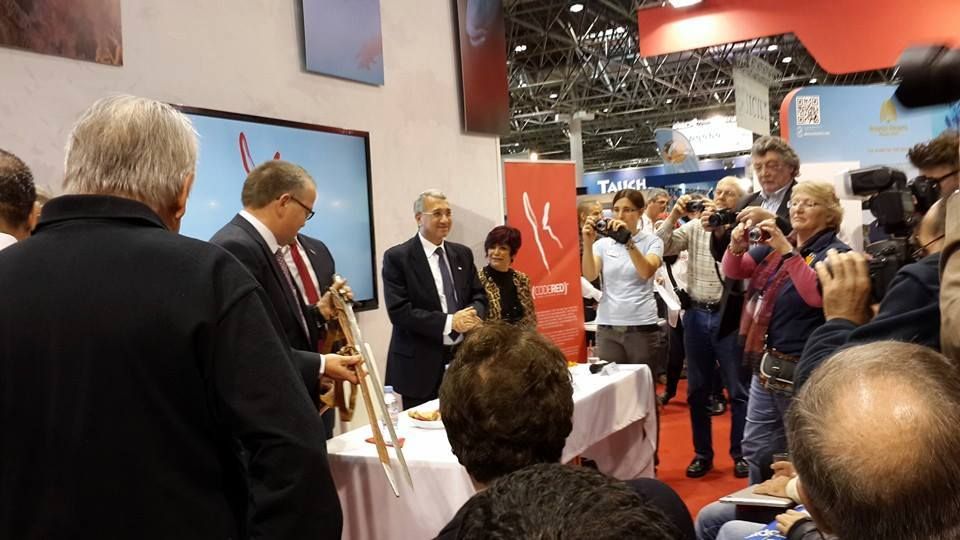
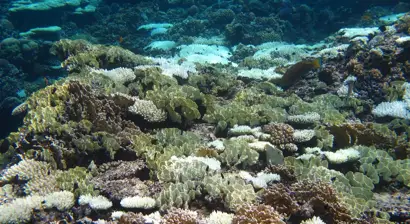
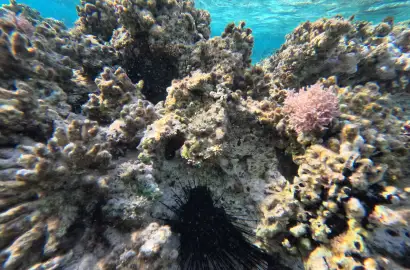
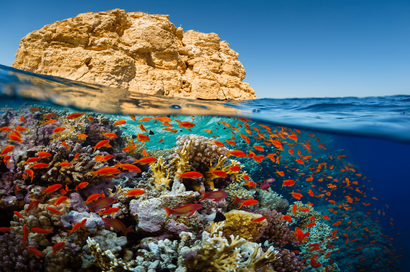
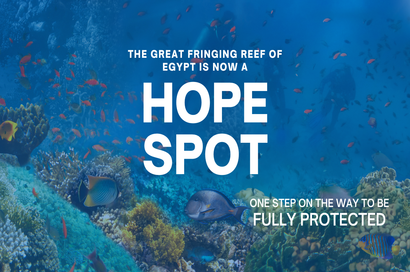
 - frame at 0m12s_lg.webp)
